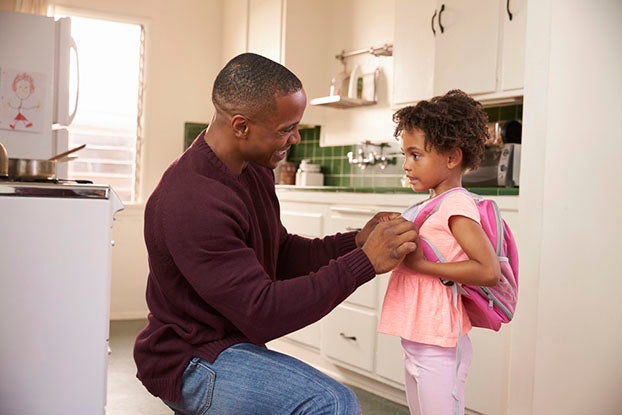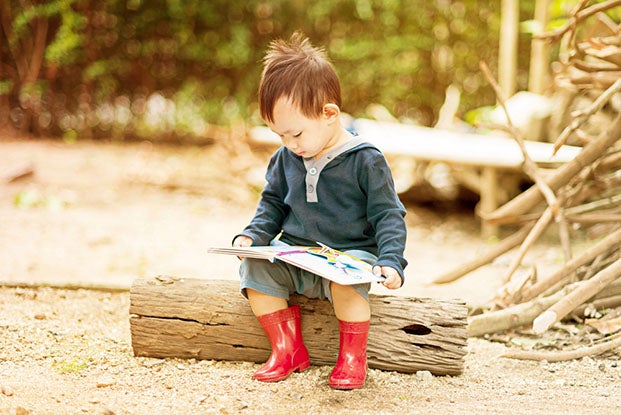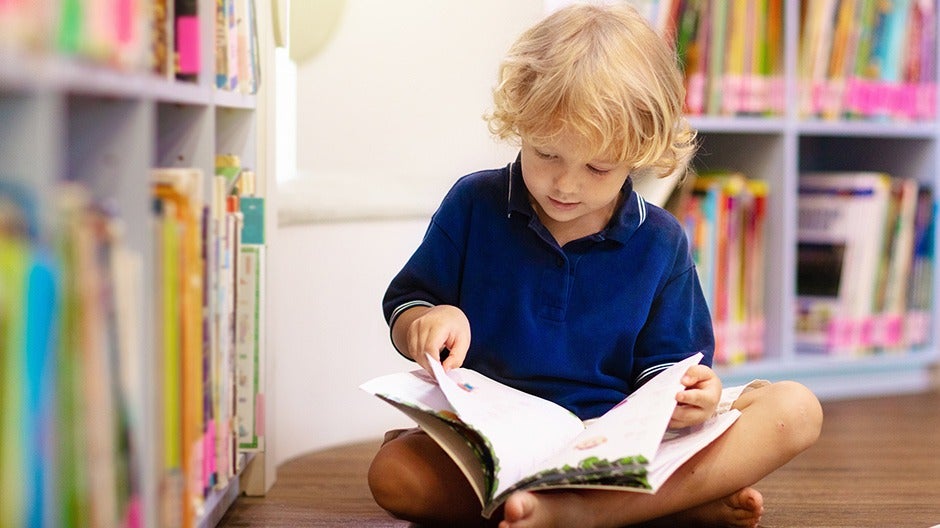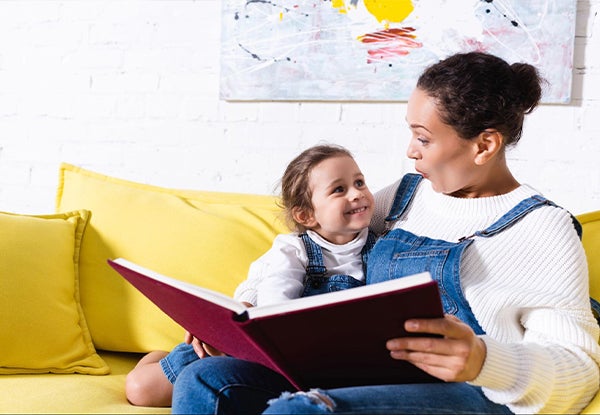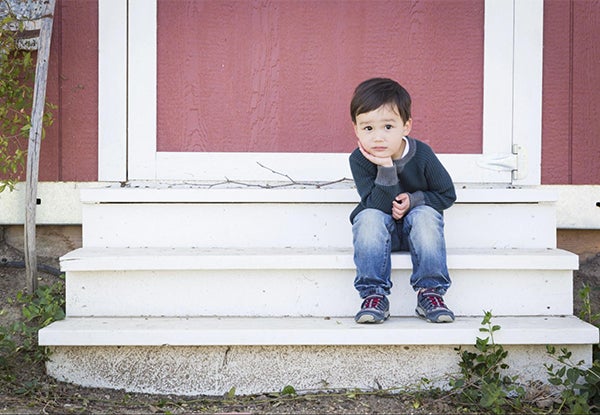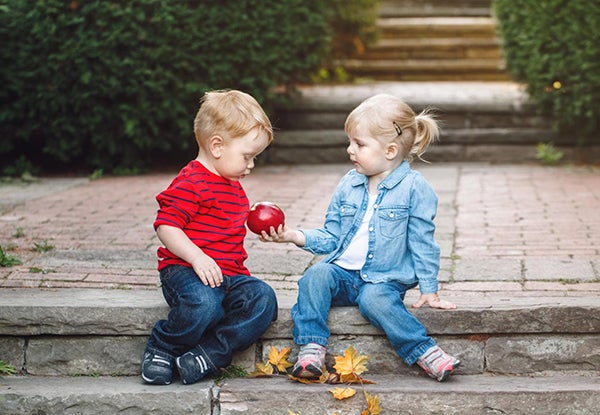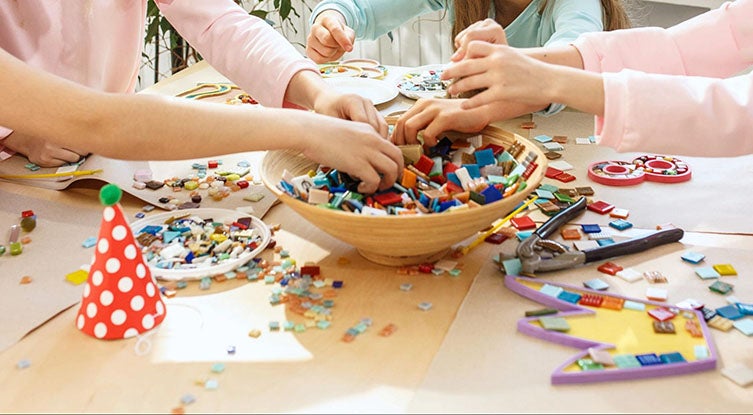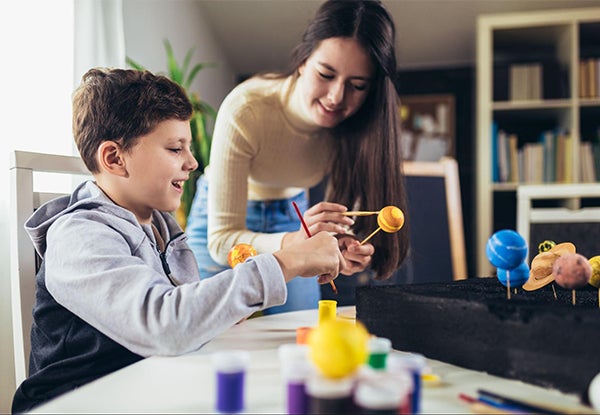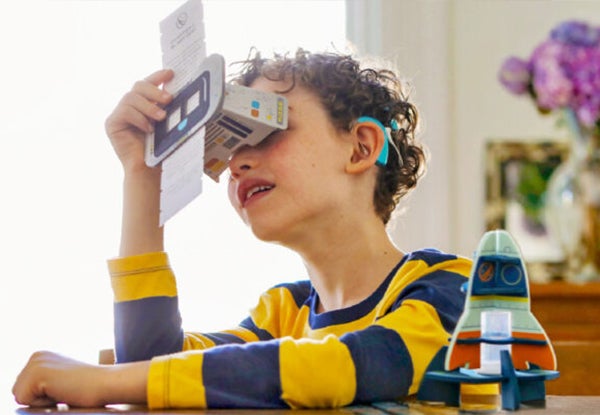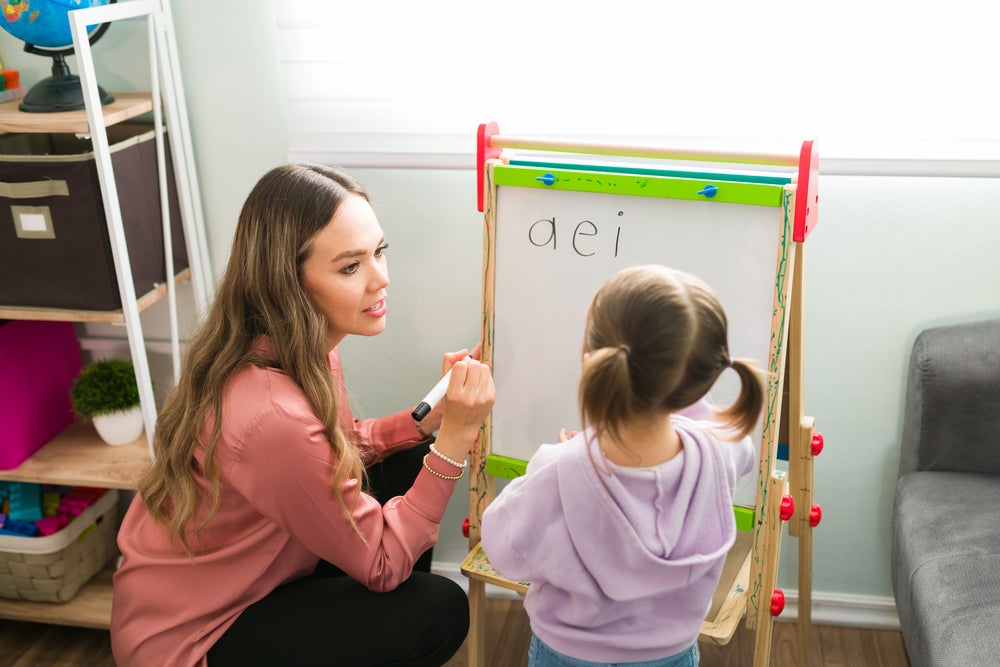What are the most effective kindness activities for kids? Before we reveal the answer to this important question, we’d like to encourage you to first take a step back and think about how children learn.
When you want to teach kids math, how to read and write, or any other academic skill, the approach usually involves:
- Coming up with relevant learning activities
- Modeling the skill
- Allowing independent practice
- Practicing patience as your child learns the skill
Teaching children to be kind (and model other social-emotional skills) also involves this basic approach.
The best part is that children are naturally loving individuals, so encouraging them to be kind to others is generally not a challenge. However, there are few strategies you can use to help them engage with others with more empathy and compassion.
We’ll reveal those strategies in this article, but first, let’s take a look at why kindness activities are important for kids.
The Importance Of Kindness Activities For Kids
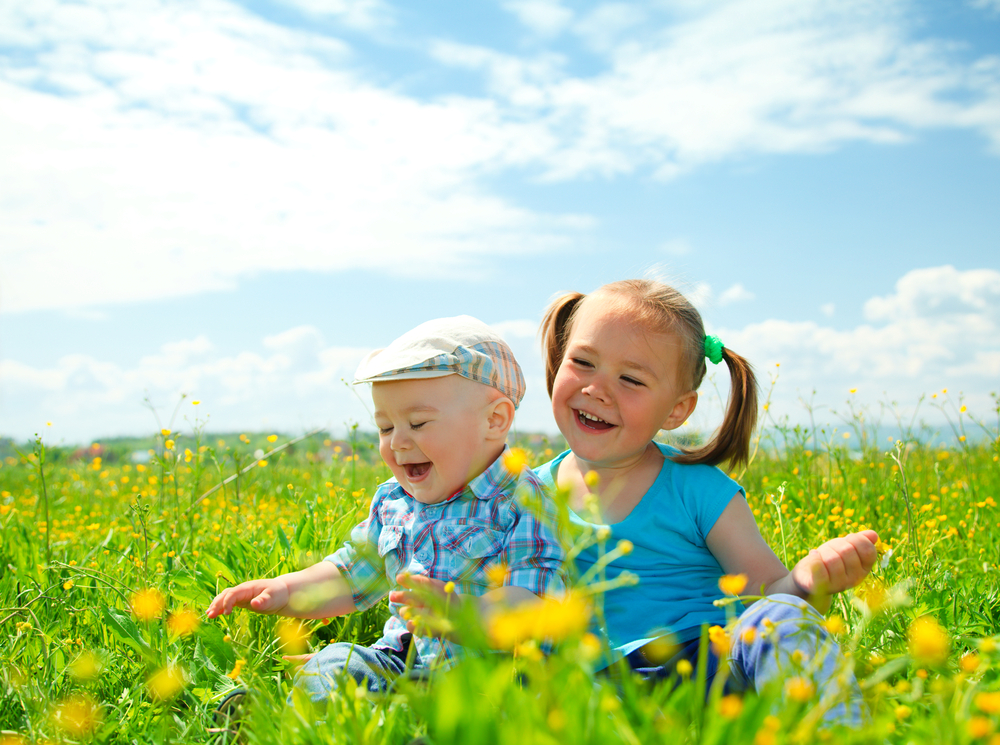
Have you ever thought about why kindness is important? We often see certain characters in books and movies admired for their selfless and caring nature, but why is this behavior so essential?
Better Physical Health
You know that warm feeling you get when you perform a random act of kindness for another person? Research shows that this feeling is linked to the hormones that are released when you do so — more specifically: oxytocin, dopamine, and serotonin.
You can read more about how different acts stimulate the production of these hormones. But, in a nutshell, when these chemicals are released, they can improve your mood, help you form social bonds, and lower blood pressure.
This means that teaching children to be kind and caring to others can benefit their overall health!
Stronger Relationships
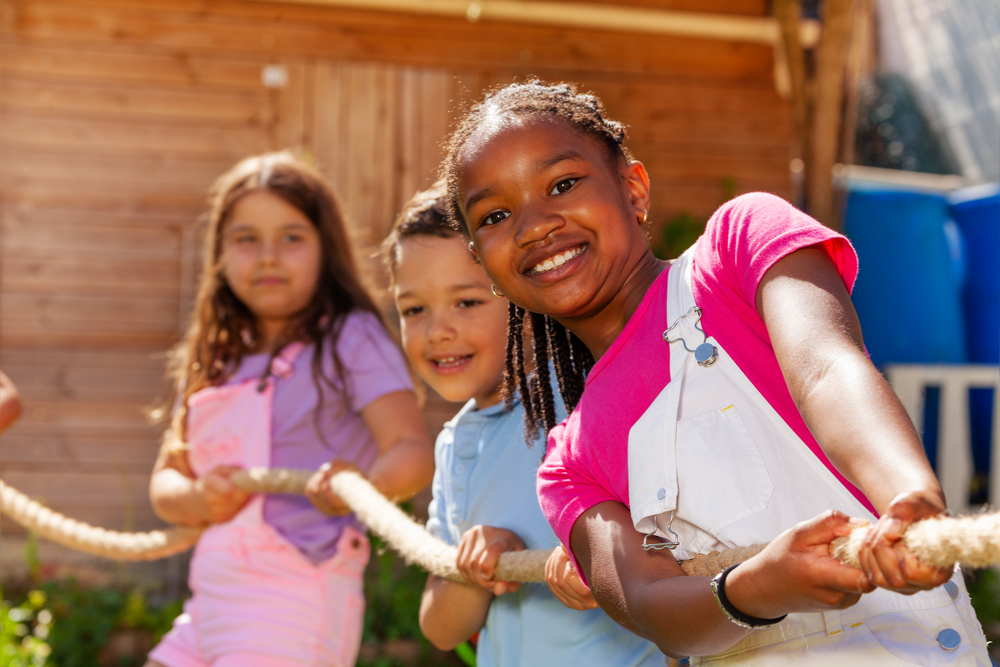
We’ve highlighted how kindness helps stimulate the release of “feel-good” hormones. However, children who are kind to their peers also tend to be more accepted and liked, making it easier to form strong, long-lasting friendships.
Less Bullying In Schools
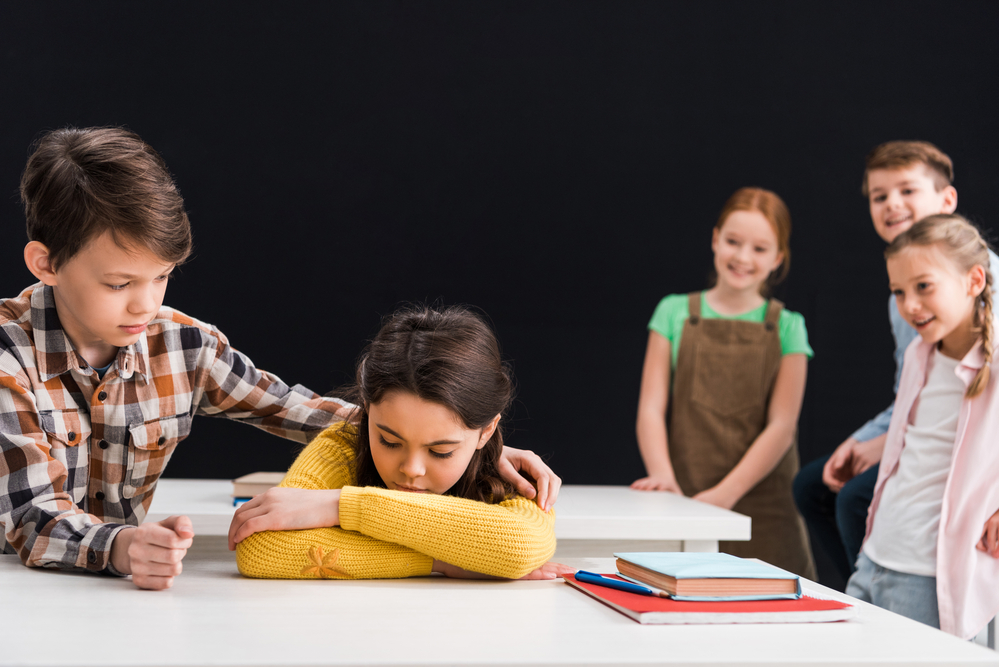
Almost all children will experience some form of bullying in their lives, which invariably has an impact on them, often well into adulthood.
When children are encouraged to show kindness and empathy toward others, this will naturally reduce bullying acts. Kids might also become more inclined to help victims of bullying instead of standing aside out of fear or a sense that there is nothing they can do to help.
Tips For Teaching Kindness
The above are a few reasons why encouraging kind acts in children should be a priority, not an afterthought. But, before we get to those kindness activities for kids you came here for, here are a few tips to keep in mind.
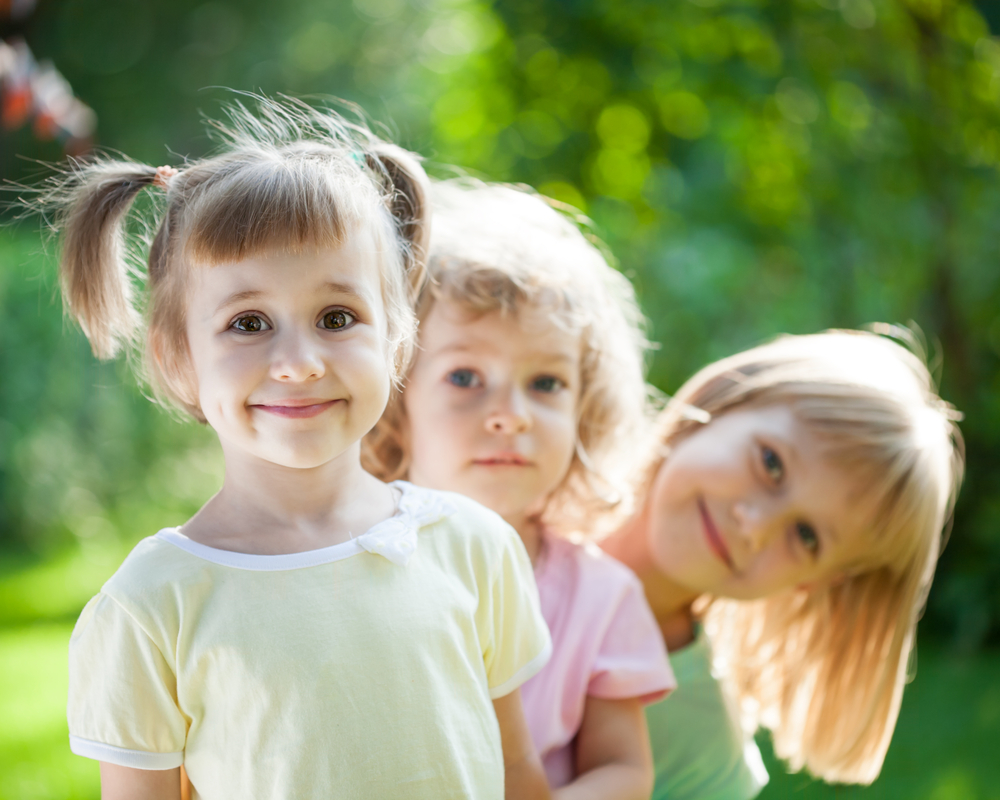
Involve Your Child From The Beginning
Are you planning on donating some toys? Maybe helping out at the local homeless shelter? It’s good to involve your child in the whole process.
Involving children from the beginning can help encourage them to participate more willingly. After all, seeing you willing to make an effort to help others can inspire them to do the same!
It may also help them feel like kindness is a collective effort rather than just something you’ve instructed them to do.
Model Kind Behavior

Kids can naturally be caring and loving little humans, but that doesn’t mean they always know how to show kindness.
One of the most effective ways for children to learn kindness is to see it from the people around them. When your child sees you showing compassion or empathy for others through everyday activities, they will begin understanding how to perform acts of kindness.
Practice Positive Reinforcement
It’s essential to praise children when we witness them sharing a cookie with a friend, deciding to give away some of their old clothes to the needy, or even allowing their sibling to play with a special toy.
While these acts might seem small, they are the building blocks to a more compassionate and caring child.
With these tips in mind, let’s now get into some of the fun kindness activities you can introduce to your child today!
6 Kindness Activities For Kids
Kindness can start right at home! From helping a sibling clean up spilled milk to planning a sweet surprise for a grandparent, even the smallest acts can make a big difference.
With that in mind, here are some ideas for kindness activities for kids.
1) Kind Notes
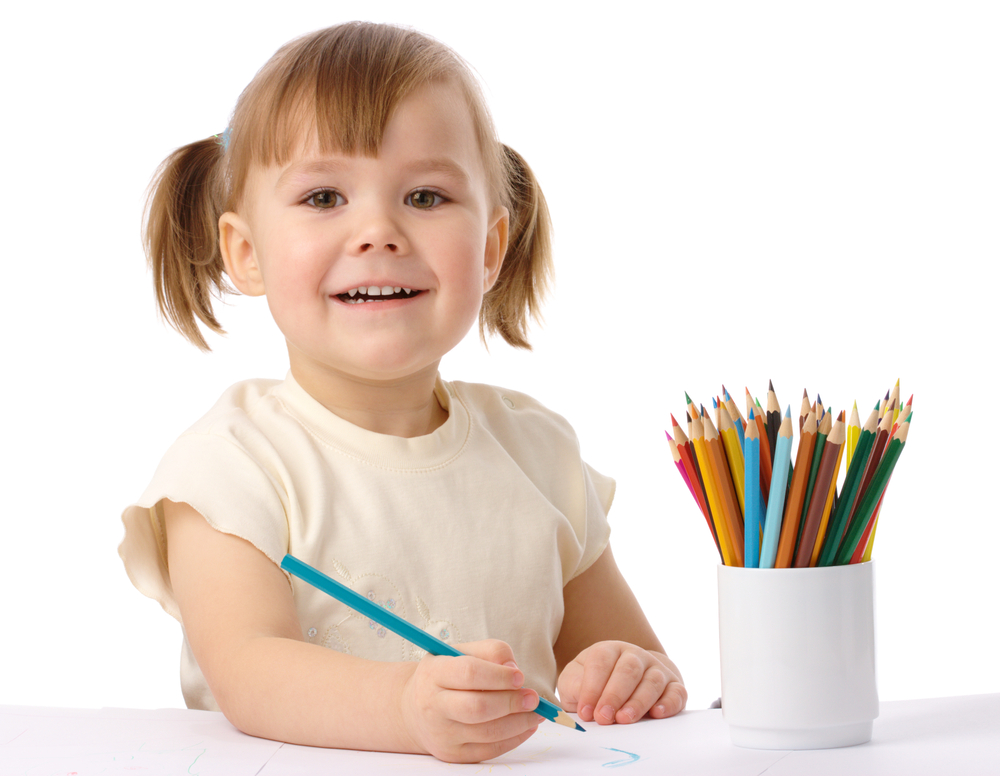
This kindness activity is simple — encourage everyone in your family to write a kind note for another family member.
You can hand out index cards and ask them to write down something kind that the family member did for them recently and how it made them feel. Then, after collecting the cards, read them aloud to the whole family.
Did their older brother help them clean up their room? Or maybe their little sister shared their ice cream with them? When reading the cards, remember to discuss how these little acts made a difference.
Alternatively, you can have family members jot down a general note about another person (“Suzy is so sweet and funny. She makes me laugh every day.”) or send a special birthday card to a grandparent or friend.
Of course, the youngest members of your family may need help writing these letters. That’s OK! Writing practice and kindness for kids in one? Yes, please.
Pair this activity with the HOMER Mail Adventure Kit for even more fun learning!
2) Reading About It
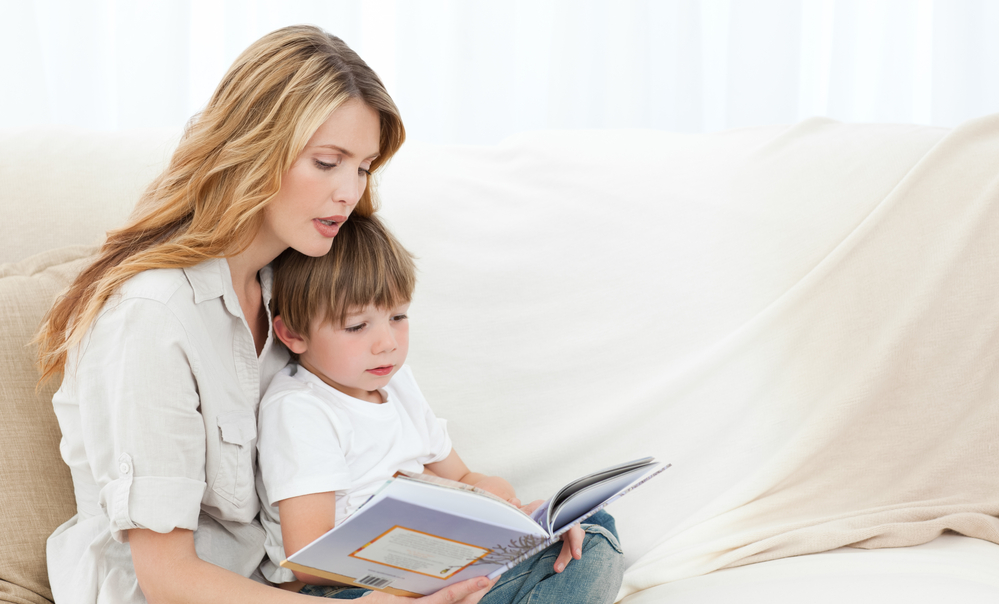
Reading about kindness can be beneficial for helping younger children understand the concept of kind acts.
There are several incredible books about being kind, here are just a few:
- ABCs of Kindness (For children 2-)
- A Little SPOT Of Kindness! (For children 2-6)
- The Kindness Book (For children 2-4)
- How Kind! (For children 2-5)
- The Giving Tree (For children 6-9)
- A Small Kindness (For children 4-7)
3) Community Care
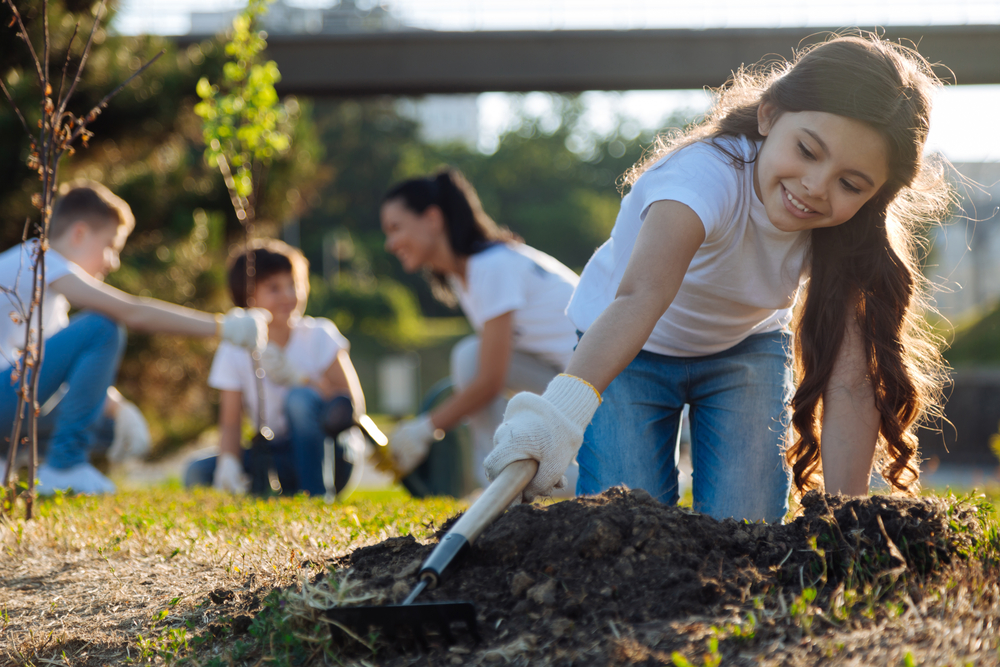
There are many interesting (and fun!) ways that you and your family can help your community while teaching your children about kindness.
You can bake treats for your police officers or firefighters, pick up litter, welcome new neighbors, donate old clothing and toys, or fill backpacks with school supplies for needy children. We recommend researching what is available in your area (Toys for Tots, canned food drives, etc.).
When coming up with ideas, remember to always consider your child’s age and make the activities age-appropriate.
For example, community care for a four-year-old might mean helping bake cookies for a neighbor, but for a 9-year-old, it might mean collecting books to give to a childcare center.
4) Kindness For Creatures
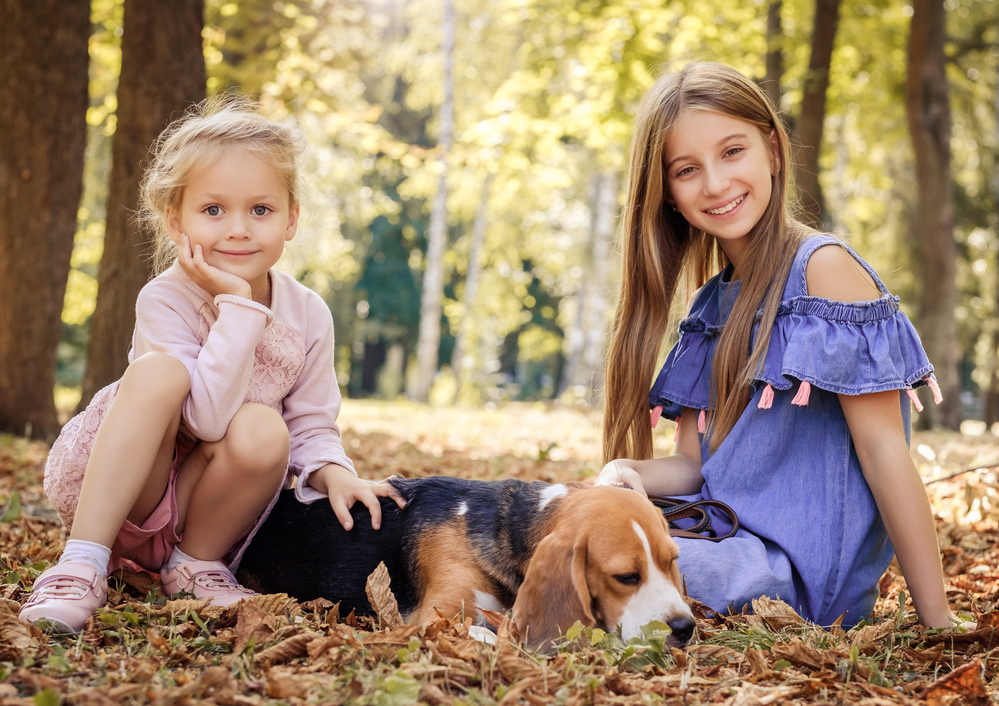
Showing compassion for animals is an excellent way to practice kindness.
As a family, discuss the different ways to be kind to animals. How about creating a birdbath or bird feeder in your backyard? Or maybe there are old blankets you can donate to a local animal shelter.
This can even include helping care for the family pet by feeding it every day.
5) Volunteering
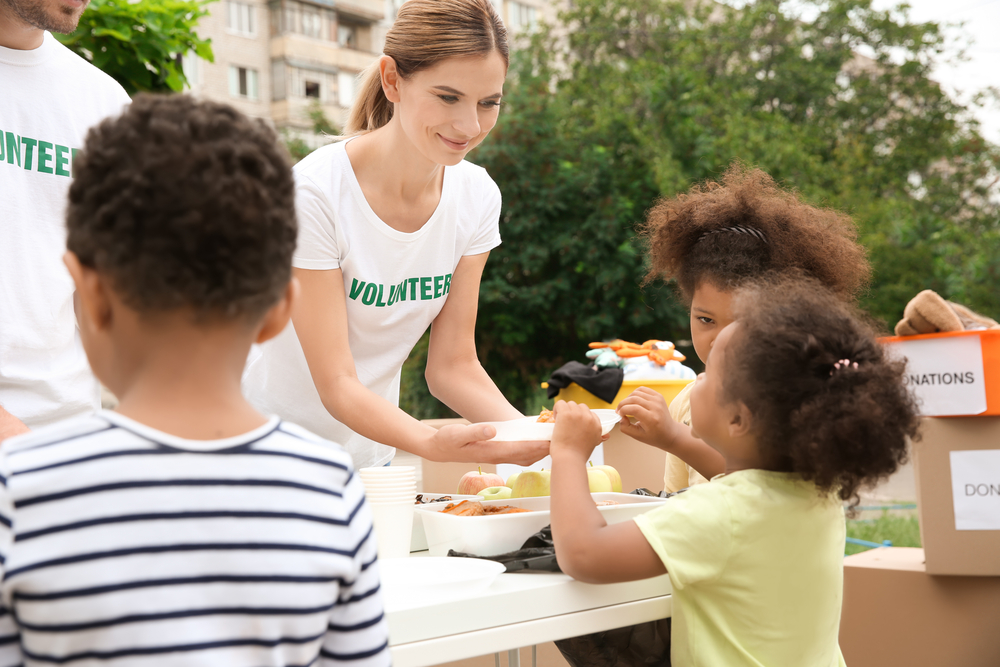
It’s often the little things that make a big difference in people’s lives, like volunteering.
One place to volunteer is at a food bank, which is a great hands-on activity for kids. You can also volunteer at a local nursing home to give the elderly some company. Keep in mind that nursing homes can be a bit scary for young children, so this might be best left to kids in at least fourth or fifth grade.
For younger kids, volunteering at an animal shelter or having a bake sale to raise money for a cause that matters to your family are both great options.
The good news is there are many ways to volunteer, and you can get the whole family involved. Everyone can brainstorm ideas, and then once you’ve decided as a collective how you’d like to help, set a date to go together.
Younger children might not understand the concept of volunteering yet, and that’s OK! Let them help in small, age-appropriate ways. While they may not get the big picture, being a part of volunteering early on can create kind lifelong habits.
6) Self-Kindness
When thinking about kindness activities for kids, self-kindness often gets overlooked. But being kind to yourself is just as important as showing kindness to others.
For this activity, ask your child (or children) to share anything that makes them feel bad about themselves. Then, ask them to write down a positive affirmation that counters that negative self-talk.
For example, “I can’t draw as well as Sally,” can become, “I get a little better at drawing every day.” Other notes that affirm positive thoughts without the negative counterpart are also helpful, such as:
- I am kind.
- I am smart.
- I am creative.
- I am resourceful.
Finally, ask them to post the note where they will see it each day (e.g., the bathroom mirror). Encourage them to think about the positive affirmation whenever the negative thought creeps in.
Note: This activity works best for older children, but you can adapt it for your younger ones by helping them draw a picture of something they like about themselves and then putting it somewhere they’ll see it regularly.
Unlock The Power Of Kindness
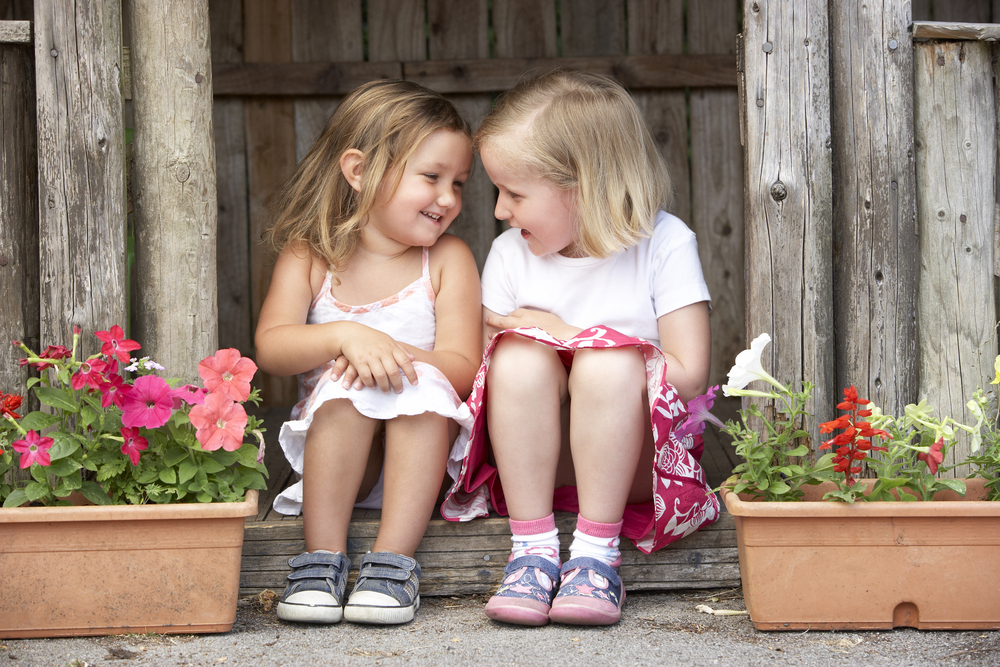
Imagine the impact of a world in which children (and adults) are caring and kind to one another! That’s what kindness activities for kids can do.
One of the core subjects we teach at HOMER is Social-Emotional Learning. That’s because we understand the importance of creating an environment where children learn to care for others.
Keep practicing and modeling these kindness activities and skills, and check out the HOMER website for more inspiration!



